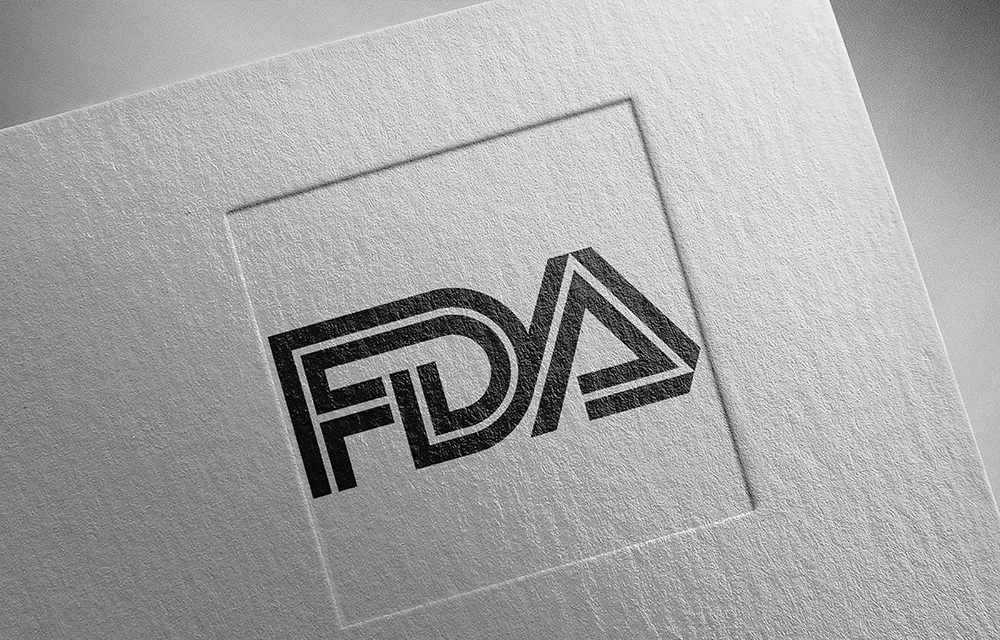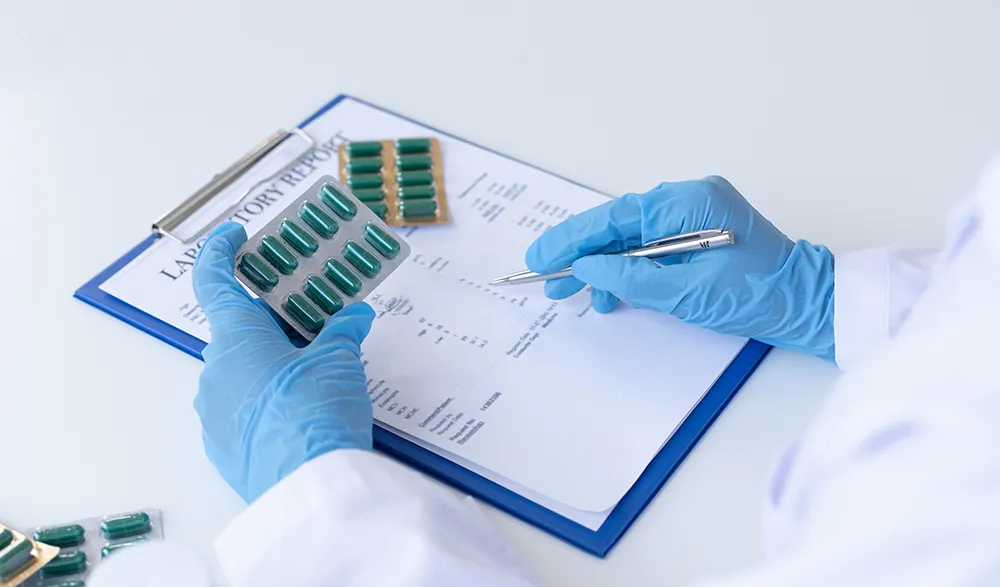Product development teams getting started on preclinical exploration of a potential treatment need a nonclinical expert on board as the primary authority on product safety – a requirement of regulatory authorities. At Allucent, our experts serve this role and much more.

Preclinical Consulting Expertise
Regulatory support of your nonclinical program is key to our services. We anticipate, assess, manage, and communicate potential risks to your development program, and help you navigate the complex regulatory landscape and respond to agency inquiries.
Our team is highly experienced with the preclinical safety development requirements of regulatory authorities in the U.S., Canada, the EU, UK, Australia, and Japan.

Deep Knowledge and Experience with Regulatory Agencies
With several former regulators on our staff, you can be confident in our knowledge and proficiency.
We have worked across multiple product types including drugs, biologics, devices, and combinations. With extensive experience with the FDA centers CDER, CBER, and CDRH, we understand how the centers interact and collaborate – an invaluable element of our support.
Regulatory Submission Support and Health Authority Engagement
- Nonclinical meeting support including FDA, EMA, Health Canada, MHRA, and regulators in APAC regions
- IND, IMPD, and IDE submissions
- Clinical Trial Applications (CTAs)
- Scientific Advice, PR
- Protocol assessments, such as Special Protocol Assessment (SPA)
- End-of-phase meeting packages
- NDA, BLA, MAA and PMA submissions


Our Support for Your Preclinical Program
Nonclinical strategy and oversight for pharmacology, pharmacokinetics, biocompatibility, and toxicology studies


We help design tailored nonclinical development programs that meet regulatory requirements in the most cost-effective and time-efficient manner without compromising the quality of the overall safety assessment. Our product-specific nonclinical regulatory strategy is typically captured in the nonclinical development plan. This comprehensive document outlines the steps needed for a successful IND/CTA filing and the nonclinical program required to support clinical development beyond the initial clinical studies.
Product Toxicity Interpretation


Identify and interpret toxicities related to products (and individual components)
Nonclinical Results


Translate nonclinical results to inform the clinical program design and to manage potential toxicities
Toxicity Management


Identify and mitigate toxicities identified in clinical studies and/or related to product quality.
Marketing Approval Support


Create and implement nonclinical strategies to support marketing approval of products.
Pre-IND Meeting Packages


In addition, our nonclinical team has broad experience in planning, writing, and reviewing the nonclinical sections for pre-IND meeting packages and supporting FDA INTERACT meetings.
Gap Analysis


Our experts can also conduct assessments of your development programs and nonclinical strategy to specifically identify gaps and prepare a gap analysis report which encompasses concrete recommendations for taking action to correct deficiencies.
Allucent’s Toxicology Studies Expertise
Our toxicologists have extensive experience in planning, conducting, and monitoring toxicology studies using a broad variety of routes of administration, and in an array of animal models.
- ADME studies
- Safety pharmacology
- Single-and repeat-dose toxicology
- Genotoxicity
- Carcinogenicity
- Reproductive and developmental toxicology
- Immunotoxicity
- Abuse liability
- Neurotoxicity studies



Additional Preclinical Support
To ensure comprehensive insights, we work collaboratively with our internal colleagues in Clinical Strategy, CMC, and Clinical Pharmacology.
Click below to see additional support that our nonclinical consulting experts can provide for your specific development program.


Related Content
Additional Resources

Webinar
Risk Assessment of Novel Neurotherapeutics: Mechanistic Translation of Preclinical Safety and PK/PD Data to a Clinical Setting
Learn More

Case Study
Unleashing the Power of Predictive Modeling: A Journey to Safe and Effective Dosing for a CNS Drug
Learn More

Blog
The Multifaceted Role of the Nonclinical Expert at the Center of Drug Development Teams
Learn More




